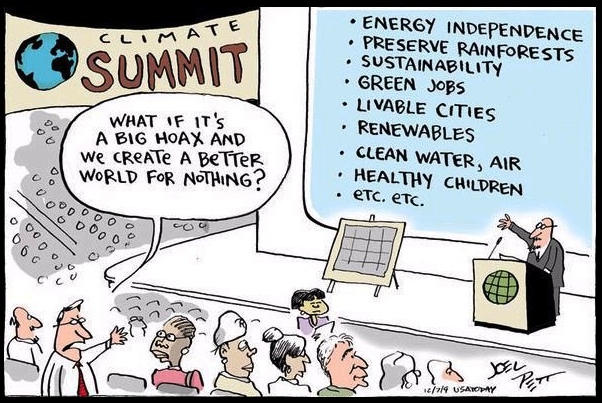For the record, I'm not a physicist, I'm a chemist involved with drug discovery so we use a lot of very sophisticated modeling.
We can tolerate models with high uncertainty, but only when we can use large numbers to overcome the uncertainty. So we might run a scaffold hopping exercise to predict the binding of novel structures to a particular receptor. The receptor model is no doubt inaccurate (especially solvated and if membrane bound), the structures of the compounds are likely incorrect, and the mode of binding is likely wrong...so there is a high degree of uncertainty with all three....but the model is often good enough when you look 100k different scaffolds. We can usually identify 200-300 potential chemical hits from the in silico run, and while the actual hit rate from there might only be at best 1-2% ie only 2-4 of those actually work, that's all we need to get a med chem lead. So modeling.....when it works.....can be more economical than screening all 100k and dealing with the screening uncertainty (false positives/false negatives).
But that kind of approach often fails completely so we have to make decisions about how much uncertainty exists with the modeling when making those decisions. Right now we use modeling if the assay is not very sensitive for screening because a poor assay increases the uncertainty of the screen and the computational approach is cheaper. So I have to deal with these issues in a real world setting all the time.
I also see computational chemists grossly exaggerate their capabilities...just like the climate crowd. I went to the first in silico drug discovery conference a couple of years ago here in RTP. All the big names were there and some were selling modeling as THE savior for big pharma...if only the med chemists would trust them. Some seriously believed they could predict anything with high accuracy, the sort of thing where we would never again have to actually make and test potential drug candidates. It's complete BS. There is not one example of that ever happening........just too much uncertainty. They can certainly claim they were accurate within their prediction intervals though if they want.

.
I have gone through the same sort of steps convincing my computational guru friends (including several SAS computational guys) of my take on the climate models...and they have all pretty much agreed with me in the end, kind of like you going in that direction above. It is what it is. Lipstick/pig...pig.



